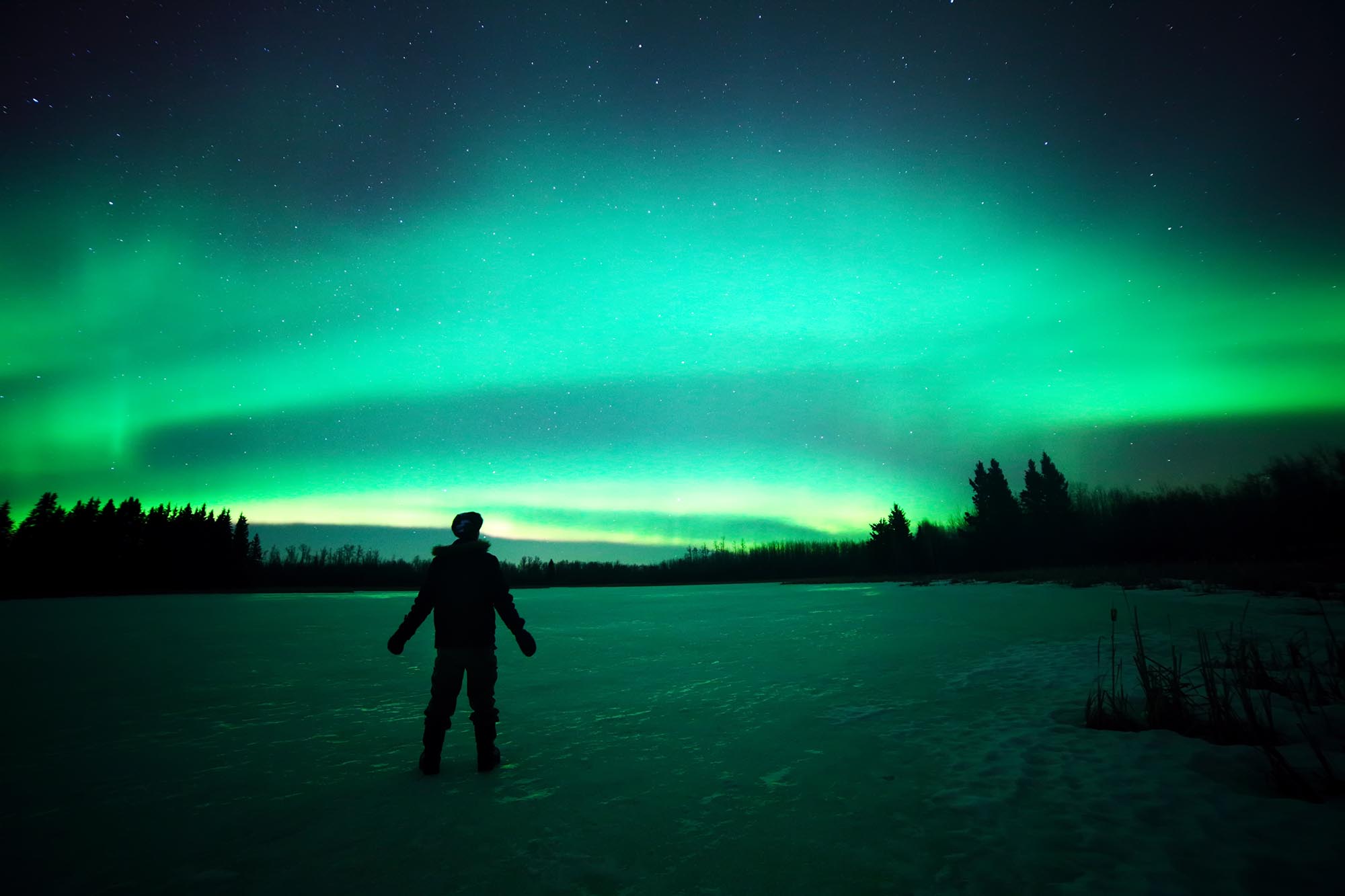
"And I say, 'Well, where were you?' And they say, 'Downtown Denver.' Ah, well, there's this thing called light pollution." "I've had people say, 'I went looking for (the aurora), and I didn't see anything!'" Murtagh told me. If you live in a city - Murtagh was talking to me from Boulder, Colorado, while I'm in Seattle - you're already at a disadvantage. "You might be out hunting it for hours on end, and then, the perfect storm of events comes along, and you finally see it." City disadvantage "(Fishing) is like (looking for) an aurora," Murtagh told me. Murtagh compared it to a conversation he recently had with someone who fishes for marlin, saying he asked them how many hours they spent out on the water hoping for their big catch, versus how many times they really succeed.


People who've been raised on photographs of spectacular views such as these begin dreaming, maybe set an alarm to head outside late at night, maybe drive outside of their city limits to try and avoid light pollution. You know the drill: Buzzy articles claim that the Northern Lights, the dazzling phenomenon known scientifically as the aurora borealis, might be able to be seen in regions that don't normally get to see them.


 0 kommentar(er)
0 kommentar(er)
